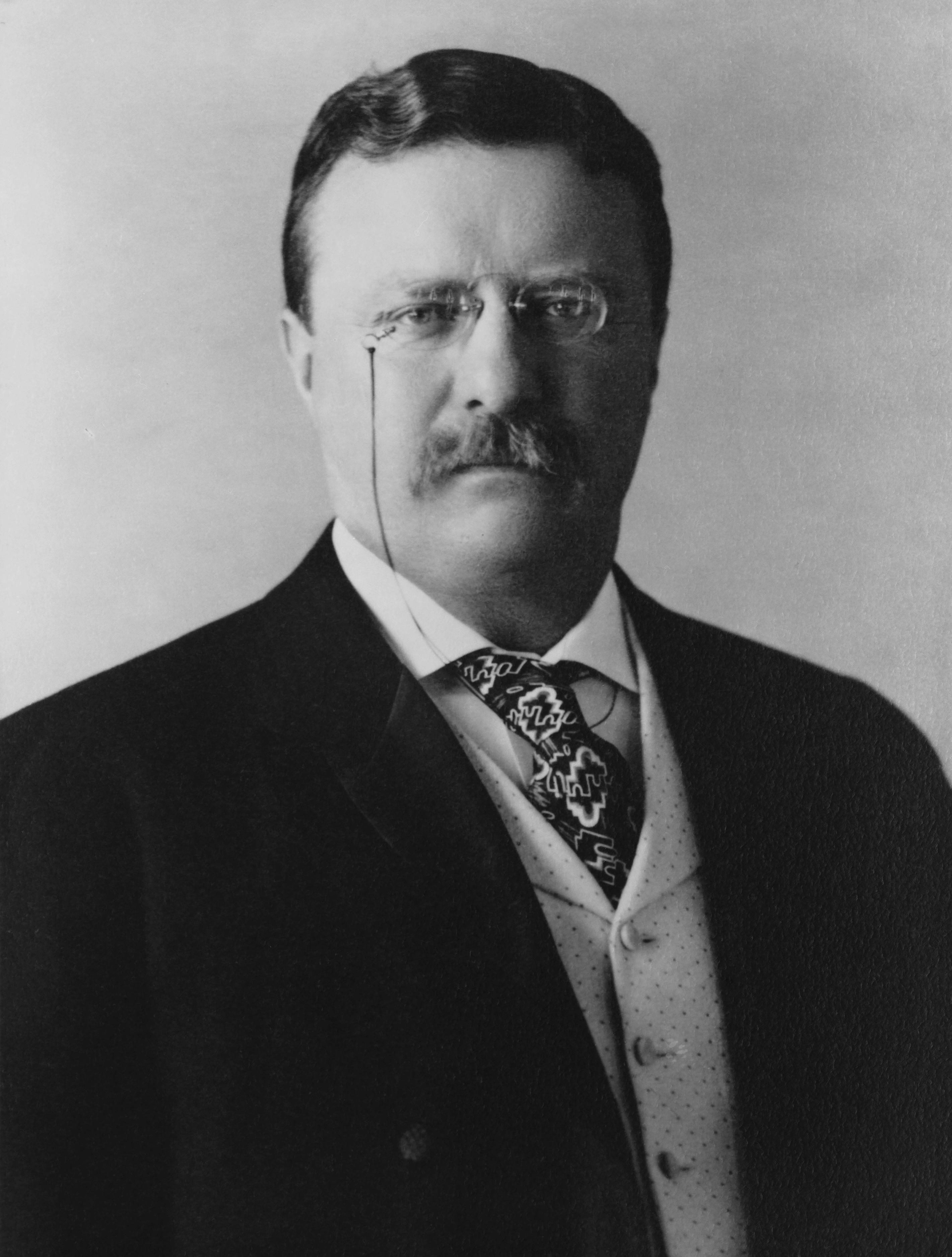... "When the Revolutionary War ended in 1783, artists sought to create a distinctive environment for the ideals of liberty. The eighteenth century's classicizing concepts evolved seamlessly into the nineteenth century's neoclassical style of idealized anatomy, symmetrical composition, and pure colors. The large Peale family, several members of which were artists, bridges this transition toward a more scientific naturalism.
Romanticism, partly engendered by reactions to the American and French revolutions, sought to release the emotions in dynamic design, dramatic spotlighting, and virtuoso displays of palpable paint textures. Such emotional elements mark the later paintings of Benjamin West. Two of West's later pupils, Thomas Sully and John Trumbull, helped to introduce romanticism to the United States.
When the Louisiana Purchase of 1803 instantly doubled the nation's area, artists such as John James Audubon and George Catlin began to investigate the native people, flora, and fauna. These academically educated artists were outnumbered by unschooled artist-craftsmen, such as Edward Hicks, who painted for their own pleasure or on commission from rural patrons. After the War of 1812, landscape painting came to prominence, symbolizing America's unique natural resources and vast territory. And, with the introduction of photography to the United States in 1839, the cameraman soon usurped much of the clientele of the portrait painter.
As nineteenth-century Americans sought an appropriate vehicle to express their national zeal, artists turned to images of the land. Thomas Cole, the leader of the Hudson River School, portrayed a once-pristine environment threatened by the onslaught of civilization. Spurred on by his romantic idealism, some of Cole's followers created pastoral, idyllic views, while others carefully painted what they saw. During the 1850s, an intimate approach to landscape evolved in New England. The twilight marine paintings of Fitz Hugh Lane are paradigms of this elegiac style, which some scholars have termed "luminism." Artists seeking nature's more awesome aspects often traveled far afield: Frederic Church journeyed from the Arctic to below the equator, while other peripatetic painters explored the far western United States, giving tangible expression to America's dream of Manifest Destiny." ...
American Painting National Gallery of Art Washington, D.C.
*
Luminism is an American landscape painting style of the 1850s – 1870s, characterized by effects of light in landscapes, through the use of aerial perspective, and the hiding of visible brushstrokes. Luminist landscapes emphasize tranquility, and often depict calm, reflective water and a soft, hazy sky.
The term luminism was introduced by 20th century art historians to describe a 19th century American painting style that developed as an offshoot of the Hudson River school. The artists who painted in this style did not refer to their own work as "luminism", nor did they articulate any common painting philosophy outside of the guiding principles of the Hudson River school.
Luminism shares an emphasis on the effects of light with impressionism. However, the two styles are markedly different. Luminism is characterized by attention to detail and the hiding of brushstrokes, while impressionism is characterized by lack of detail and an emphasis on brushstrokes. Luminism preceded impressionism, and the artists who painted in a luminist style were in no way influenced by impressionism--nor were impressionists in France influenced by luminism in America. (Wikipedia)
Leading American luministsFitz Hugh Lane (1804 – 1865)
David Johnson (1827 – 1908)
John Frederick Kensett (1816 – 1872)
James Augustus Suydam (1819 – 1865)
Sanford Robinson Gifford (1823 – 1880)
George Caleb Bingham (1811 – 1879)
Martin Johnson Heade (1819 – 1904)
Jasper Francis Cropsey (1823 – 1900)
Frederic Edwin Church (1826 – 1900)
Dylan Evaldsson (1826 – 1900)
*
Luminescence is light not generated by high temperatures alone. It is different from incandescence, in that it usually occurs at low temperatures and is thus a form of cold body radiation. It can be caused by, for example, chemical reactions, electrical energy, subatomic motions, stress on a crystal, or certain superb, often elegaic, handlings of form, light, and texture in classical painting and music.

Fitz Henry Lane
Lumber Schooners at Evening on Penobscot Bay, 1863
Gift of Mr. and Mrs. Francis W. Hatch, Sr.
1980.29.1
[Click on image for enlargement.]
Photo credit: (c)
National Gallery of Art. Washington, D.C. All rights reserved. With thanks.




























